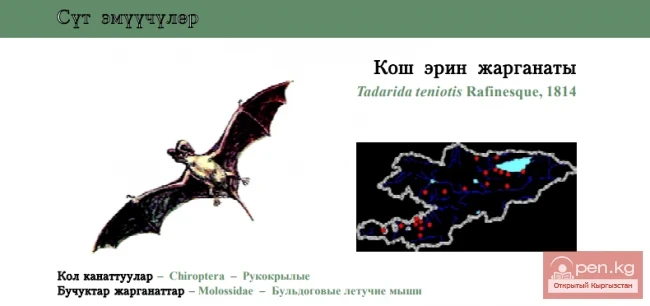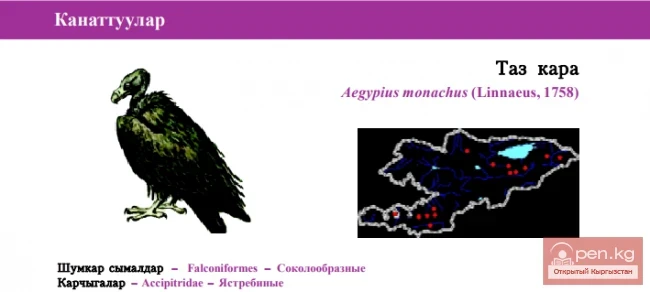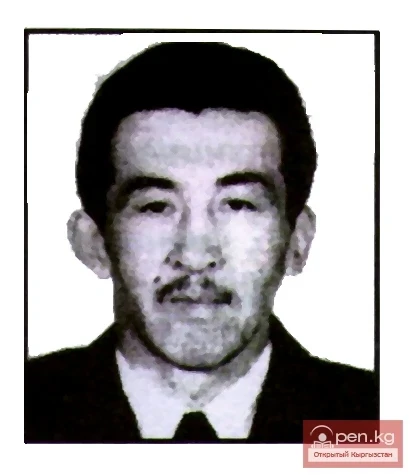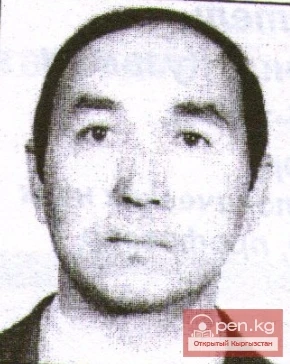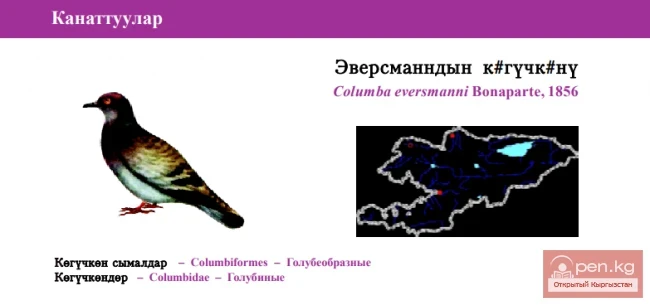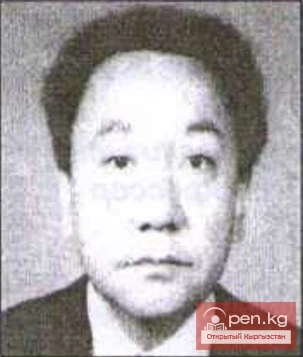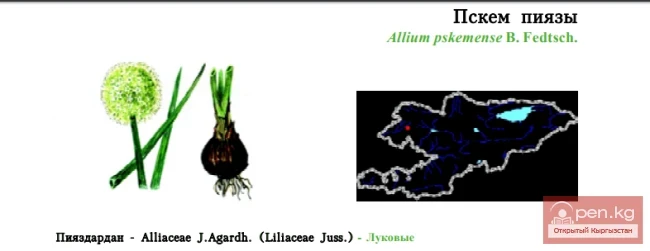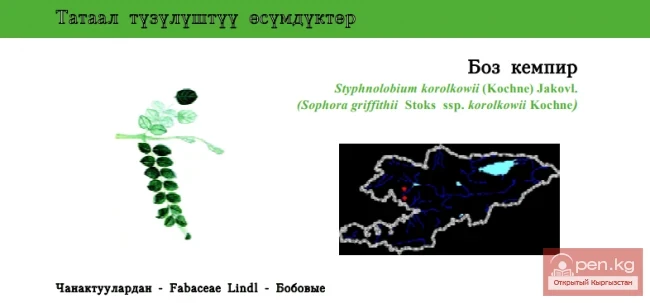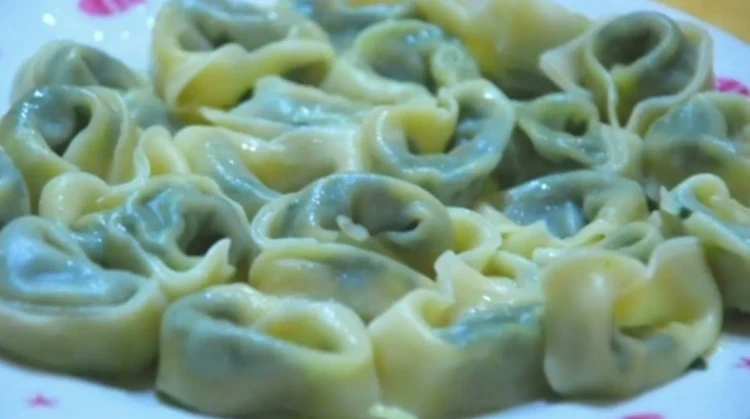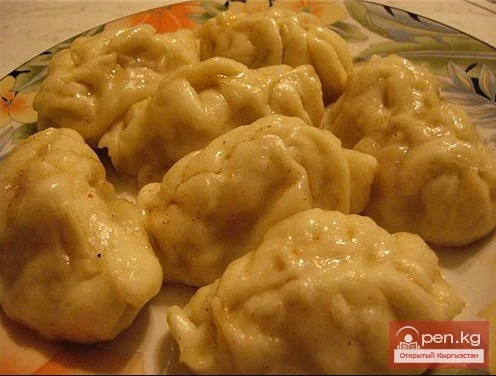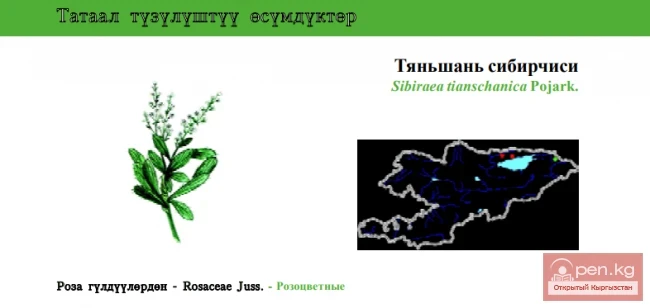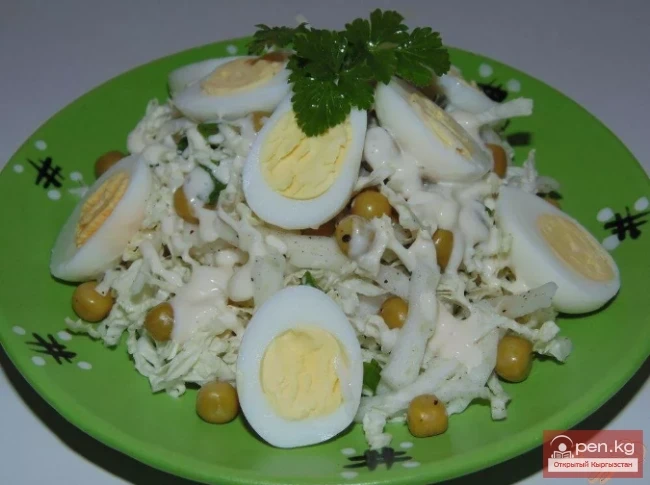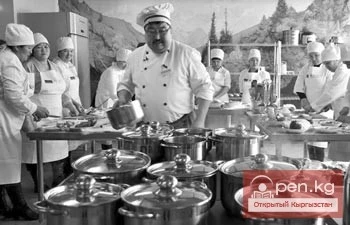
Last week, the best school chefs from different corners of Kyrgyzstan showcased their professional skills at the "Culinary Duel" and had the opportunity to enhance their expertise.
The event, organized with the support of the United Nations World Food Programme, the Government of the Kyrgyz Republic, and the Agency for Development Initiatives (ADI), took place on January 21 and 22 at the Bishkek Professional Technical Lyceum No. 18. It involved 22 school chefs participating in the UN WFP project "Optimization of School Nutrition in the Kyrgyz Republic."
The school nutrition optimization program has been implemented in Kyrgyzstan for the third year now. During this time, the food blocks of 261 pilot schools have been renovated and equipped with modern facilities. Improved nutrition models that meet international quality standards have been introduced for the students of these institutions. Chefs have been given the opportunity to enhance their qualifications through special courses, the results of which identified the best experts in their field. These experts were invited to the capital to learn from recognized culinary professionals, compete in preparing meals for children, and get acquainted with modern culinary technologies and the latest professional equipment.
- When it comes to children's nutrition, the issue of safety and compliance with sanitary and hygienic standards becomes paramount, - noted Nadежда FRANK, a representative of the UN WFP and head of the nutrition optimization program in the Kyrgyz Republic. - The project helps only a portion of schools in the Kyrgyz Republic that organize hot meals, but we hope that such events and practical activities in schools will help improve the state of school nutrition.
According to Nazgul MUSAIEVA, a specialist at the Ministry of Education and Science of the Kyrgyz Republic, free hot meals are provided in more than 700 schools in Kyrgyzstan. The state allocates 7 soms per student per day, and in remote mountainous areas, 10 soms.
- Previously, this money was enough for a bun and tea, as there were no conditions for preparing hot dishes, - explained Musaeva. - Today, we have created these conditions with the help of the UN World Food Programme, local government bodies, and parents. In rural areas, it is very difficult to find professional chefs, so we, along with our partners, are working on training school cafeteria staff and raising their skill levels. A technical menu has been developed and provided to schools, which includes about 120 dishes. There are schools that provide hot meals not only for elementary grades but also for 5th, 6th, and 7th grades, with the help of parents and local government bodies. Our goal is to organize hot meals in all schools of the republic up to the 11th grade.
According to the cafeteria staff themselves, preparing hot dishes for children instead of the usual pies and buns is not burdensome at all. Fortunately, the equipment in the pilot schools allows for this.
- Previously, cafeterias only prepared buns, pies, and flatbreads, but now there are hot dishes, salads, and compotes, - says Gulnara ALIMOVA, a school chef from the town of Orlovka in the Chui region. - Now we are trying to include fish dishes, meat, and eggs in the students' diet. We are being offered to introduce quail eggs, which are also very rich in vitamins. The state allocates 7 soms for the nutrition of one child, the city hall contributes 2 soms, and parents add 5 soms. In total, it amounts to 14 soms. One day we give the children porridge and tea, the next day a meat dish with salad, bread, and tea.
For the chefs invited from the regions of the republic, master classes were organized under the guidance of the best culinary experts in the capital. Recognized culinary expert and international-class chef Daniyar Derkembaev demonstrated how to prepare a vitamin salad, vegetable soup, fricassee, and cottage cheese casserole, while teaching the chefs some nuances of the technology for producing children's food during the cooking process.
- School nutrition differs somewhat from what is offered in regular cafeterias, cafes, and restaurants, - said Daniyar DERKEMBAEV to "AiF". - It must be, first and foremost, safe and healthy, which is why certain types of heat treatment, such as frying and deep-frying, are excluded. That is, cutlets are not fried but baked, and meat is boiled. Heat treatment is carried out strictly in accordance with technological processes.
- How do you assess the state of school nutrition in our republic?
- To be frank, 261 schools in Kyrgyzstan participate in the nutrition optimization program, while the remaining more than 1700 schools do not have the opportunity to obtain equipment, learn about technologies, and in some places, they cook almost over an open fire. I worked for five years in Germany as a child nutrition technologist in schools and kindergartens, and I can imagine what the conditions and equipment in kitchens are like, even in villages. Here, however, some educational institutions are in a deplorable state. Even in Bishkek, there are schools where chefs are not familiar with the rules of sanitary safety. If we take the capital, out of a hundred school cafeteria workers, only 15-20 have an education. The rest do not know either the production technology or the safety requirements.
- How can this situation be corrected?
- This is a significant undertaking. It starts with at least these 22 schools and the chefs who came to the master class in Bishkek. It's a drop in the ocean, but if we can establish order in these schools, we can continue our work later. Of course, state support is needed.
- What do chefs gain from participating in such events?
- First and foremost, motivation to work better. After all, not only government bodies and international NGOs should be involved in improving sanitary conditions and child nutrition in general. The chefs themselves can also work on this. Now that the internet is everywhere, interesting materials can be found, and innovations can be learned. Participation in such competitions and the overall organization of such events motivates people to move forward and develop in every possible way.
The competitive part of the event consisted of the "Culinary Duel." The chefs were divided into seven teams, with three members in each. According to the competition rules, they were to prepare a salad, a first and second course, as well as a drink from the same set of ingredients. At the same time, the cost of the finished dish should not exceed 20 soms. The competition lasted for an hour, and one by one, plates with salads, soups, and cereals appeared on the presentation tables.
- In their competition menus, the teams chose borscht, noodle soup, vegetable soup, shavly, vegetable stew, rice porridge with tangerines, potato pancakes, and salads made from beets, cabbage, and carrots, - said Daniyar Derkembaev, who headed the judging panel of the competition. - It was necessary not only to cook deliciously but also to adhere to all food safety rules. The jury members closely monitored the process and deducted points for each violation of sanitary norms. Tasting was conducted to assess the organoleptic characteristics of the dishes, evaluating appearance, color, aroma, consistency, and taste.
In addition to the expert jury, which also included vocational training masters from the professional lyceum No. 18 and the chairman of the Kyrgyz Chefs Association Shukhrat Sharipov, the efforts of the contestants were evaluated by the most important judges - elementary school students. First place, according to both adult experts and children, was awarded to the team called "Solnyshko" - a "composite" of chefs from schools in the Issyk-Kul, Naryn, and Batken regions. The winners received the main prizes - a multi-cooker, an electric meat grinder, and a blender set, and each participant was gifted electric kettles in memory of their participation in the master class.
The school nutrition optimization program in Kyrgyzstan has been implemented since 2013 by the UN World Food Programme with financial support from the Government of the Russian Federation, the Government of the Kyrgyz Republic (represented by the Ministry of Education and Science and the Ministry of Health), and technical support from the Russian Institute of Industry Nutrition.







